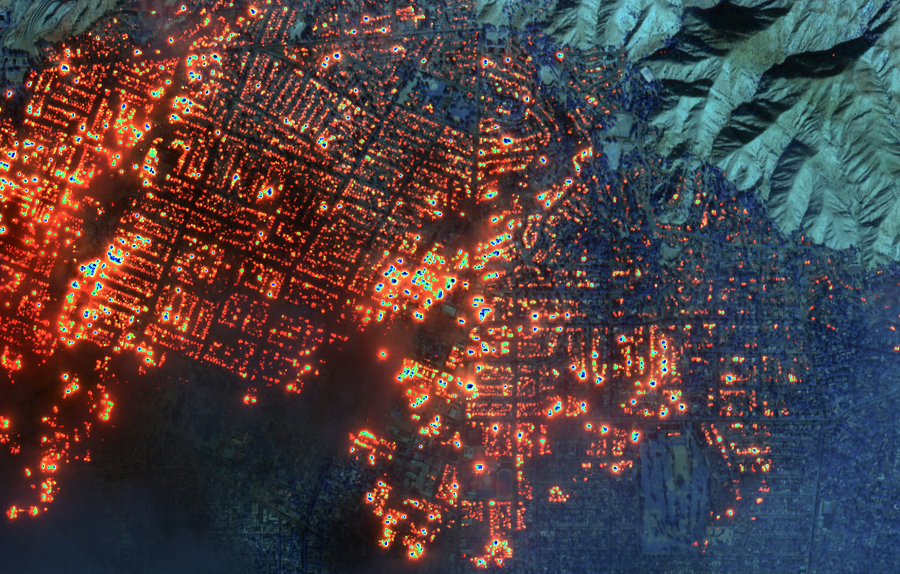As we reach the midpoint of the decade, the climate crisis in 2025 is no longer a distant warning — it’s a global emergency that’s already affecting lives, economies, and ecosystems. From rising sea levels to record-breaking heatwaves, the signs are clear: urgent action is needed. Here’s what you need to know about the climate crisis today and how you can be part of the solution.
The State of the Climate in 2025
Unprecedented Global Temperatures
In 2025, global temperatures continue to rise, with some regions experiencing average temperature increases of over 1.5°C above pre-industrial levels. This threshold, outlined in the Paris Agreement, marks a point beyond which the impacts of climate change become significantly more dangerous and harder to reverse.
Extreme Weather Events Are the New Normal
From devastating wildfires in North America and Australia to intense floods in South Asia and Europe, extreme weather events have become more frequent and severe. These changes are not just environmental — they’re deeply socio-economic, leading to displacement, food insecurity, and economic instability.
Melting Ice and Rising Seas
The Arctic is warming nearly four times faster than the global average. As ice sheets in Greenland and Antarctica melt, sea levels continue to rise, threatening coastal cities and low-lying island nations.
What’s Driving the Climate Crisis?
- Greenhouse Gas Emissions: CO₂, methane, and nitrous oxide from fossil fuels, agriculture, and deforestation are the primary contributors.
- Deforestation: Forest loss in the Amazon, Congo Basin, and Southeast Asia reduces the planet’s ability to absorb carbon dioxide.
- Overconsumption: High consumption lifestyles, particularly in wealthy nations, increase the ecological footprint beyond sustainable levels.
Why 2025 Is a Critical Year
According to the UN Intergovernmental Panel on Climate Change (IPCC), the world must cut global emissions by nearly 50% by 2030 to keep warming below 1.5°C. That makes 2025 a key turning point: we either accelerate climate action or face escalating consequences.
How You Can Take Climate Action Now
1. Reduce Your Carbon Footprint
- Switch to renewable energy at home (solar, wind).
- Drive less, cycle more, or choose electric vehicles.
- Reduce meat and dairy consumption, which are major sources of methane.
2. Vote for Climate-Conscious Policies
Support leaders and legislation that prioritize:
- Clean energy investments
- Public transport infrastructure
- Climate adaptation and mitigation funding
3. Support Sustainable Businesses
Choose products and companies that are:
- Carbon-neutral or net-zero
- Ethically and locally sourced
- Certified by eco-labels (e.g., Fair Trade, FSC, B Corp)
4. Spread Awareness
- Share reliable climate news on social media.
- Join local environmental groups or global climate campaigns.
- Educate friends and family on actionable steps.
The Role of Technology and Innovation
In 2025, climate tech is rapidly advancing. Innovations include:
- Carbon capture and storage (CCS)
- Plant-based and lab-grown meats
- AI-driven climate modeling
- Energy-efficient architecture and urban design
These solutions offer hope but must be scaled urgently and equitably.
Conclusion: The Future Is Still in Our Hands
The climate crisis in 2025 is a defining moment in human history. While the challenges are daunting, the opportunities for positive change have never been greater. By acting decisively today, we can secure a livable future for ourselves and generations to come.
FAQs: Climate Crisis 2025
Q: Is it too late to stop climate change?
A: No. While some impacts are irreversible, reducing emissions now can still avoid the worst outcomes.
Q: What are the most effective actions individuals can take?
A: Cutting personal emissions, voting for climate policies, and supporting sustainable businesses are key.
Q: How can I stay informed?
A: Follow reputable climate news sources, scientific reports (like the IPCC), and trusted organizations like NASA, NOAA, and UNEP.
Stay informed. Stay involved. The climate fight needs all of us — and it starts now.
